I tried to add the monitoring and email notifications for the postgresssql flexible server and got the below output
I have added the following script to get the email and notifications for flexible server
provider "azurerm" {
features {}
}
resource "azurerm_resource_group" "example" {
name = "RG_NAME"
location = "EASTUS"
}
resource "azurerm_virtual_network" "example" {
name = "example-vn"
location = azurerm_resource_group.example.location
resource_group_name = azurerm_resource_group.example.name
address_space = ["10.0.0.0/16"]
}
resource "azurerm_subnet" "example" {
name = "example-sn"
resource_group_name = azurerm_resource_group.example.name
virtual_network_name = azurerm_virtual_network.example.name
address_prefixes = ["10.0.2.0/24"]
service_endpoints = ["Microsoft.Storage"]
delegation {
name = "fs"
service_delegation {
name = "Microsoft.DBforPostgreSQL/flexibleServers"
actions = [
"Microsoft.Network/virtualNetworks/subnets/join/action",
]
}
}
}
resource "azurerm_private_dns_zone" "example" {
name = "example.postgres.database.azure.com"
resource_group_name = azurerm_resource_group.example.name
}
resource "azurerm_private_dns_zone_virtual_network_link" "example" {
name = "exampleVnetZone.com"
private_dns_zone_name = azurerm_private_dns_zone.example.name
virtual_network_id = azurerm_virtual_network.example.id
resource_group_name = azurerm_resource_group.example.name
}
resource "azurerm_postgresql_flexible_server" "example" {
name = "example-psqlflexibleserver"
resource_group_name = azurerm_resource_group.example.name
location = azurerm_resource_group.example.location
version = "12"
delegated_subnet_id = azurerm_subnet.example.id
private_dns_zone_id = azurerm_private_dns_zone.example.id
administrator_login = "psqladmin"
administrator_password = "H@Sh1CoR3!"
zone = "1"
storage_mb = 32768
backup_retention_days = 30
geo_redundant_backup_enabled = true
sku_name = "GP_Standard_D4s_v3"
depends_on = [azurerm_private_dns_zone_virtual_network_link.example]
}
resource "azurerm_postgresql_flexible_server" "examplez" {
administrator_login = "psqladmin"
administrator_password = "H@Sh1CoR3!"
name = "dbserverex"
resource_group_name= "RG_NAME"
location = "eastus"
storage_mb = 32768
backup_retention_days = 30
geo_redundant_backup_enabled = true
sku_name = "GP_Standard_D4s_v3"
depends_on = [azurerm_private_dns_zone_virtual_network_link.example]
}
resource "azurerm_postgresql_flexible_server" "dbtomonitor" {
resource_group_name = "RG_NAME"
name = "testdb"
location = "eastus"
geo_redundant_backup_enabled = true
sku_name = "GP_Standard_D4s_v3"
depends_on = [azurerm_private_dns_zone_virtual_network_link.example]
}
resource "azurerm_monitor_metric_alert" "example" {
name = "example-metricalert"
resource_group_name = azurerm_postgresql_flexible_server.examplez.resource_group_name
scopes = [azurerm_postgresql_flexible_server.dbtomonitor.id]
description = "action will be triggered when cpu percent is greater than 80."
criteria {
metric_namespace = "Microsoft.Sql/servers/databases"
metric_name = "cpu_percent"
aggregation = "Average"
operator = "GreaterThan"
threshold = 80
}
action {
action_group_id = azurerm_monitor_action_group.example.id
}
}
resource "azurerm_monitor_action_group" "example" {
name = "CriticalAlertsAction"
resource_group_name = data.azurerm_mssql_server.example.resource_group_name
short_name = "p0action"
email_receiver {
name = "komaliXXXXXX@.com"
email_address = "youremailid"
use_common_alert_schema = true
}
}
After adding the above script run the below steps to execute the terraform file
terraform init
This will initialise the file

Terraform plan
This will creates an execution plan and it will preview the changes that terraform plans to make the infrastructure
it will show the monitoring and email notification rules

terraform apply
This will creates or updates the infrastructure depending on the configuration and also creates the metric rules for the flexible server

For more information use this reference link
NOTE:
Please make sure while writing the script, resource group , version, sku_name, admin credentials, location, storage_mb, email should be given


